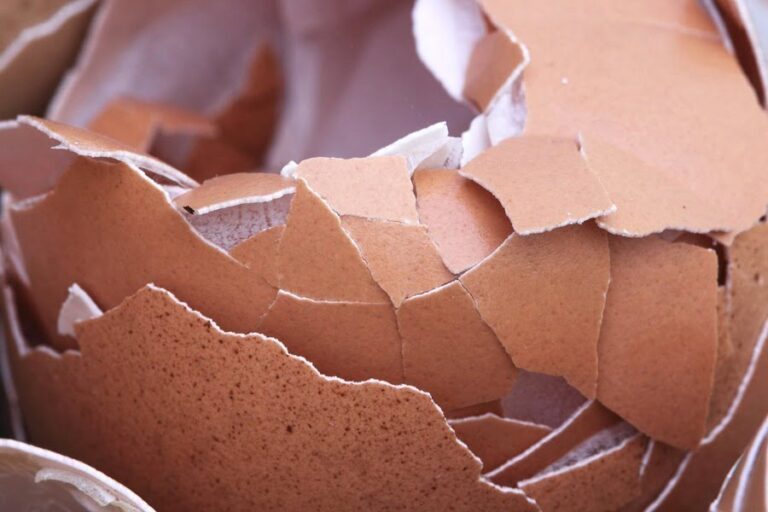It is common that we want to enjoy some delicious eggs, and at the moment of preparing them we throw the shell into the trash can, ignoring that these have an important contribution of nutrients, which are efficiently used by plants. They are an excellent organic fertilizer for the garden or vegetable garden.
Nutrients
Magnesium, potassium, sodium, phosphorus, iron and protein in small quantities are some of the nutrients contained in eggshells. To use them as organic fertilizer, it is important to grind them into small pieces, if possible to pulverize them better, so that they decompose faster.
Benefits and uses
Crushed, scattered and previously washed eggshell (for this use it is important that it is in large and sharp pieces) around the plants helps to repel snails and slugs. A barrier is created, which these animals avoid so as not to be bothered.
It is also a fertilizer rich in calcium when mixed with the soil or substrate. If we process other organic waste together with eggshells, water and a cup and a half of vinegar, we will make a compost with an extraordinary dose of calcium. It is worth noting that it is not very common for plants to have a deficiency of this mineral, but its release in the soil is quite slow. Using the peel helps prevent rotting of plants such as tomatoes or roses.
For those plants that need a specific type of soil for their growth, the husks help to reduce the acidity of the soil. If this is to be achieved, they need to be added over a long period of time.
Another use, and one of the most effective, is as a dietary supplement for the hens. Sometimes these birds, especially laying breeds, are deficient in calcium as a result of egg laying and consuming the shells helps them to replenish it.
Considering the above, it is not a bad idea to reuse eggshells as organic fertilizer instead of discarding them.



